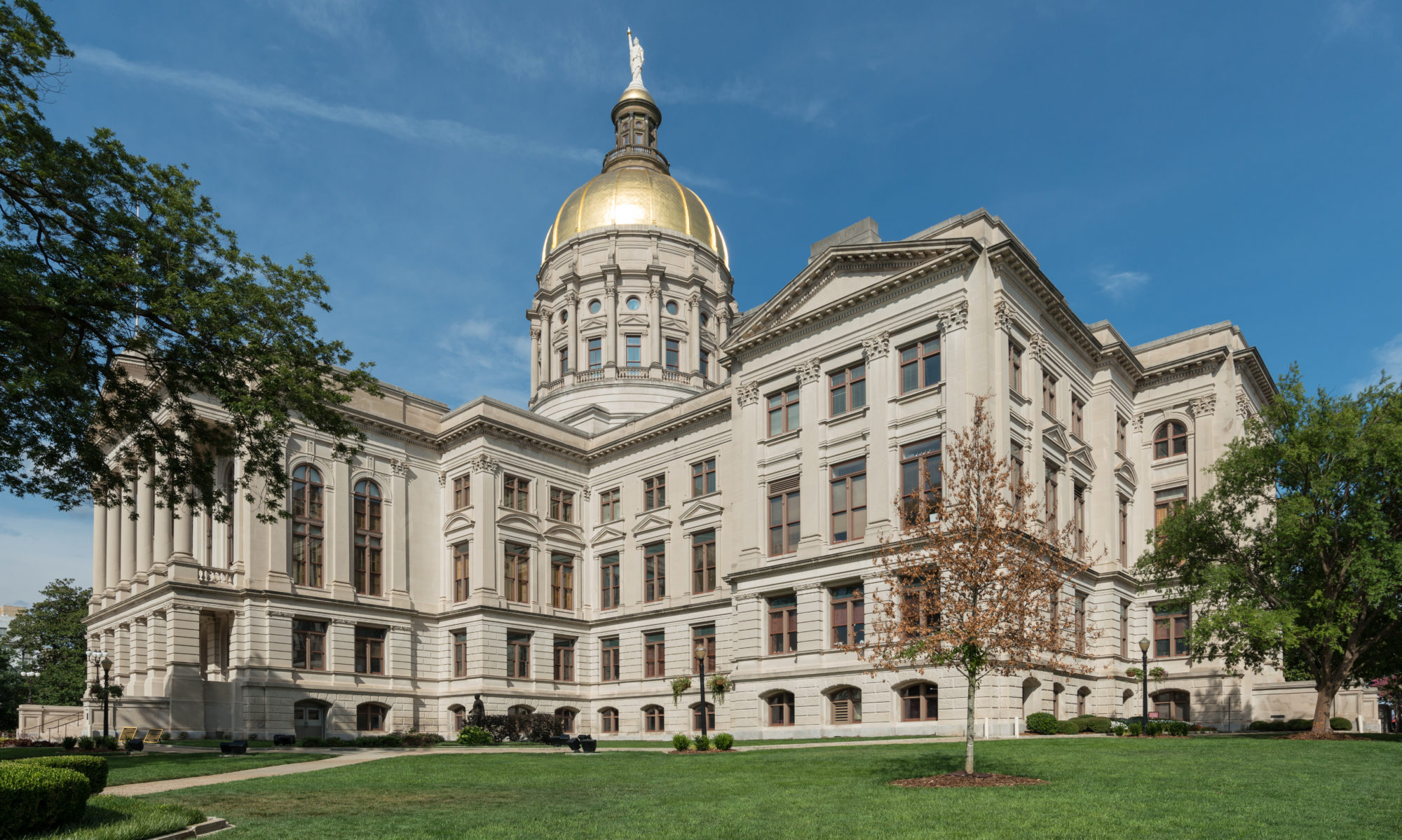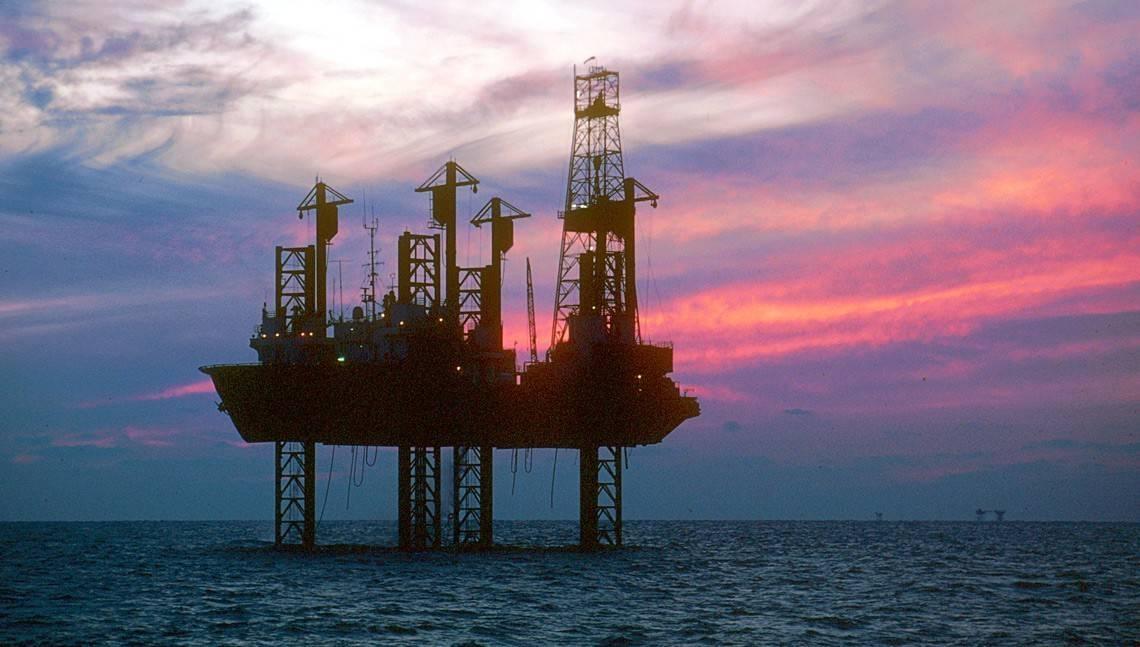Georgia Gov. Brian Kemp recently expressed his opposition to drilling off our coast, citing concerns about the state’s tourism industry as well as Georgia’s military.
Kemp’s stand brings the governor’s office in line with the Georgia General Assembly. Legislators considered resolutions last year protesting the federal government’s plans to open up the U.S. East Coast to seismic testing and energy exploration. Yet Kemp’s predecessor, Gov. Nathan Deal, declined to take a position on the issue, and the resolutions failed to garner widespread support.
Kemp followed through on a campaign pledge to oppose drilling off the Georgia coast. Emboldened by Kemp’s stance, a dozen legislators gathered at the Georgia Capitol in Atlanta last week to underscore the importance of passing anti-drilling legislation in the Georgia House and Senate.
Rep. Carl Gilliard (D-District 162) reintroduced the 2018 resolution. The Resolution to Oppose Offshore Oil & Gas Exploration discourages seismic testing and oil and gas drilling off of Georgia’s coast. The bill has been assigned to the House Natural Resources and the Environment committee.
“Why do we want to stand against offshore drilling?” Gilliard asked. “Because of the economic support that we have for the many jobs our coast creates.”
Sen. Lester Jackson (D-District 1) along with Golden Isles legislators, Rep. Don Hogan (R-St. Simons Island) and Sen. William Ligon (R-Brunswick), agreed, emphasizing the fact that protecting Georgia’s coast is not a partisan issue.
“This is a Georgia issue,” said Jackson, who reintroduced anti-drilling legislation in the Senate. “So that’s why you see with me bipartisan support — Democrats and Republicans from all facets of Georgia.”
Our shoreline is home to winding estuaries, tidal saltmarshes and wide-open ocean that provide a vital habitat for a wide range of species, from shrimp to North Atlantic Right Whales. Our coast is directly connected to 23,000 jobs and approximately $1.3 billion in economic impact, from dolphin tours on River Street to seafood restaurants on Tybee Island.
We continue to support efforts to oppose seismic testing and other energy exploration off Georgia’s coast.
Learning from BP Deepwater Horizon
Offshore drilling runs the risk of damaging or even destroying Georgia’s coastal ecosystem.
The BP Deepwater Horizon oil spill in 2010 affected up to 1,300 miles of coastline in Florida, Louisiana, Alabama and Mississippi. Widely considered one of the worst environmental disasters in U.S. history, the BP spill released an estimated 4.9 million barrels of crude oil, making it the largest marine oil spill ever.
The disaster and subsequent cleanup efforts, which included toxic chemicals, had significant, long-term effects on the environment and virtually shut down the tourism industry in surrounding states. A 2014 study published in the journal Science indicated that toxins released by the oil spill killed fish by inducing cardiac arrest. Additional studies found extensive deformities in sea life across the region, including fish with lesions, shrimp without eyes and crabs without claws.
In 2016, a research team reported that 88 percent baby or stillborn dolphins within the spill area had abnormal or under-developed lungs, compared to 15 percent in other areas. A 2012 study of sand on contaminated beaches and marshes found that the volume of organisms that are low on the food chain dropped dramatically since the spill. Further impacts on the marine environment is still largely unknown.
Across the Gulf Coast, tourism took a major hit, with many people cancelling trips to the impacted coastal areas. In Louisiana alone, visitor spending dropped by $247 million in the wake of the BP oil spill.
Balancing energy needs and quality of life
President Donald Trump is a major proponent of offshore drilling off the coast of the continental U.S. However, it’s critical to balance America’s energy needs with our quality of life here in coastal Georgia. It’s not worth threatening our thriving coastal economy, which is supported by tourism, the seafood industry and a healthy marine ecosystem.
Fortunately, our state and local legislators understand the importance of protecting Georgia’s coast. Let’s support their efforts to pass state legislation ensuring the long-term health of Georgia’s coastal ecosystem.
The future economic health of our region may very well depend upon it.

